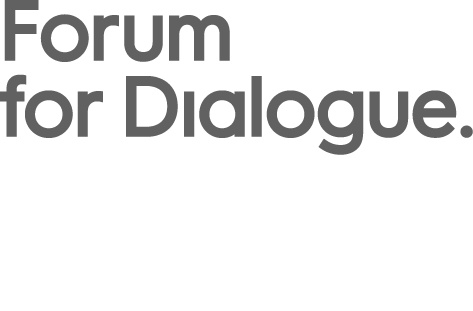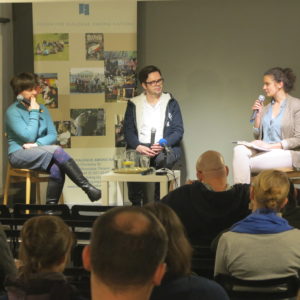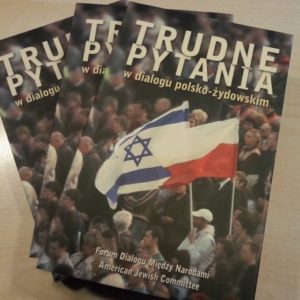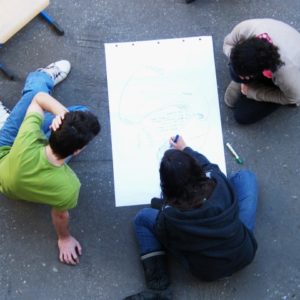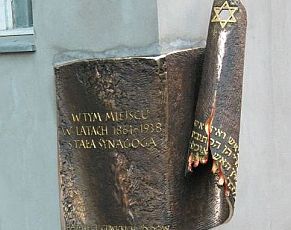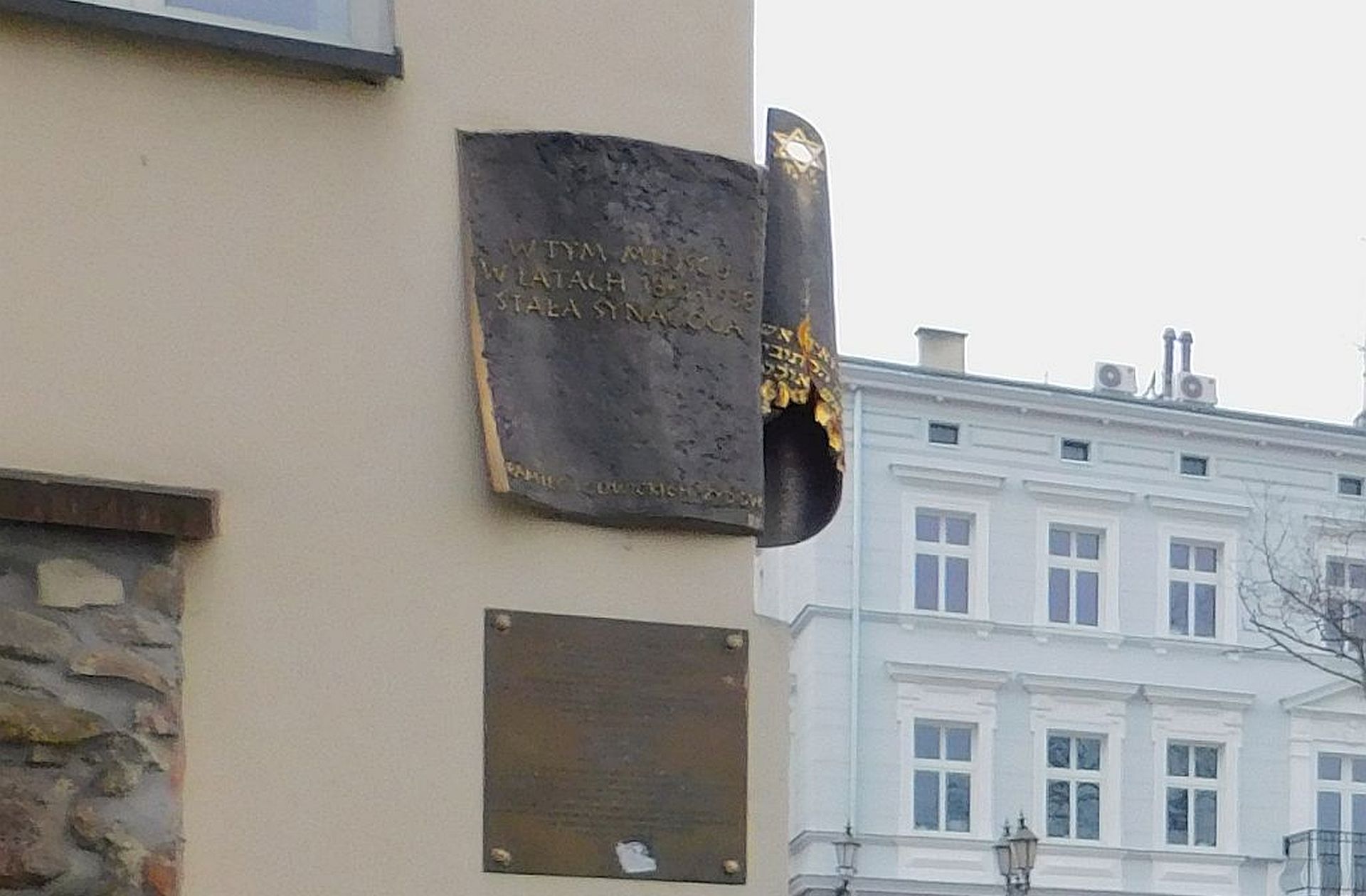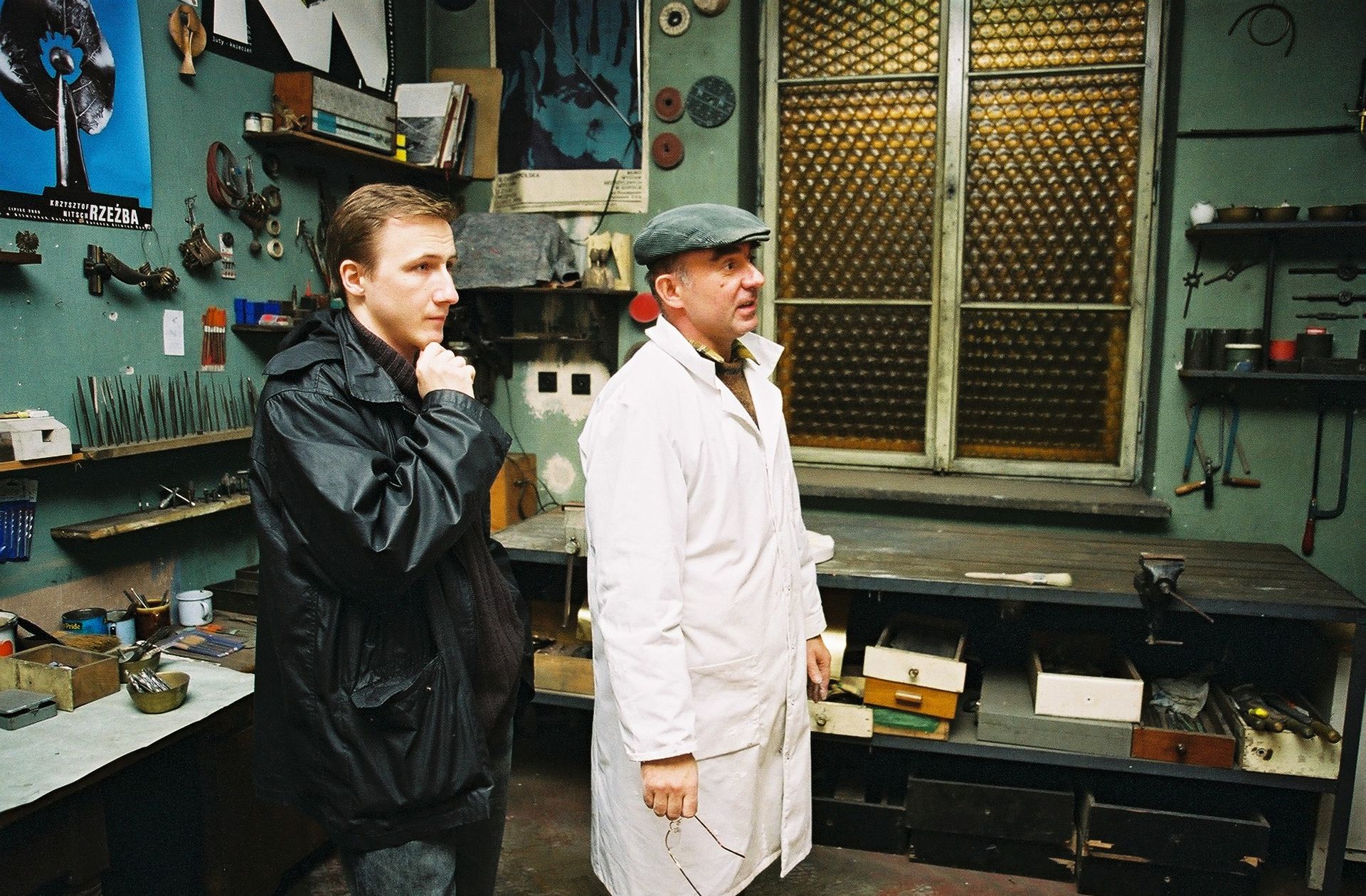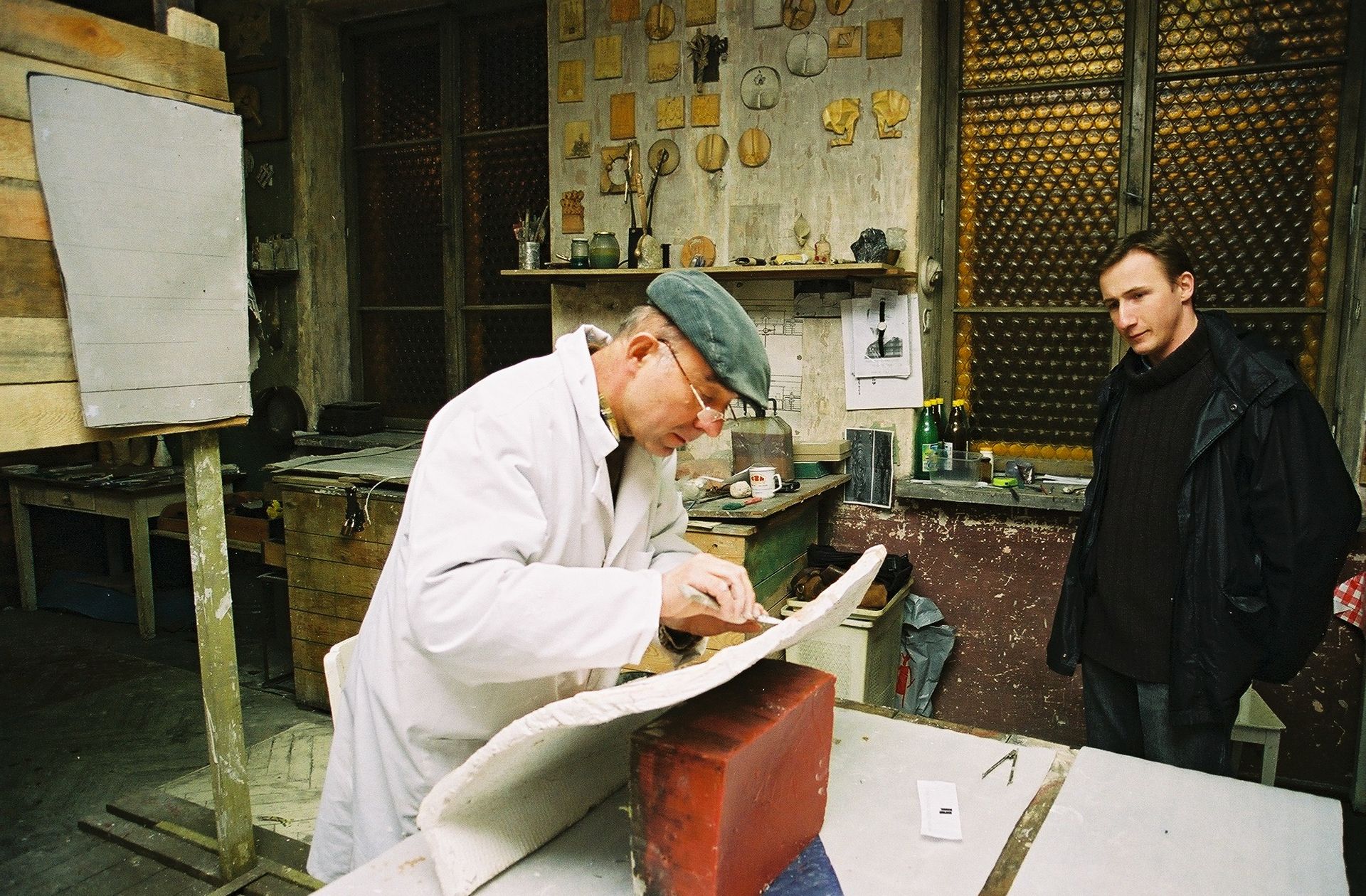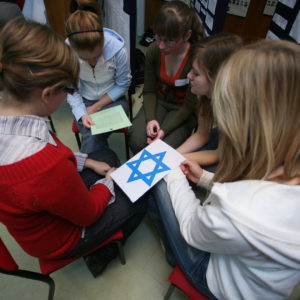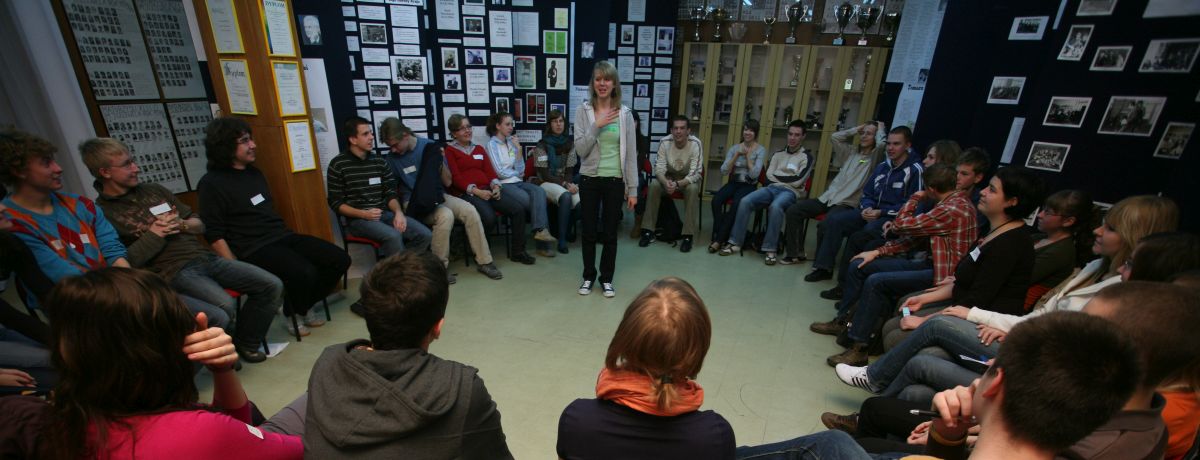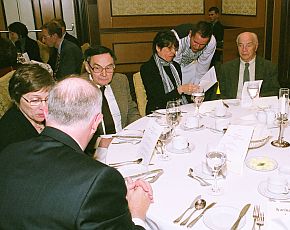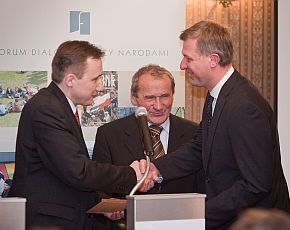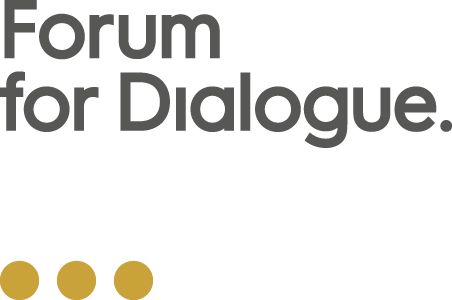On February 14, 2010, we celebrated the 15th anniversary of the Polish-Jewish Exchange Program, a joint program run by Forum for Dialogue and the American Jewish Committee. David Harris, executive director of the AJC, visited Poland especially for this occasion.
Guests at the anniversary event, co-organized with the Polish Ministry of Foreign Affairs, included minister Władysław Bartoszewski, minister Ewa Junczyk-Ziomecka, deputy minister of foreign affairs Jacek Najder, US ambassador to Poland Lee Feinstein and deputy Israeli ambassador Yahel Vilan. Other attendees included members of the diplomatic corps, scholars, journalists, representatives of most prominent organizations dealing in Polish-Jewish relations and participants of the Polish-Jewish Exchange Program, whose number has already surpassed 150.
Minister Bartoszewski, who supported the program from its inception, underlined the significance of AJC’s support for Poland’s access to NATO. He also stressed the importance of building of mutual understanding not only at political or diplomatic levels, but also through interpersonal ties. In his moving and very personal speech, David Harris discussed Poland’s unique history, Poles’ struggle for freedom and independence as well as the complicated past of Polish-Jewish relations.
